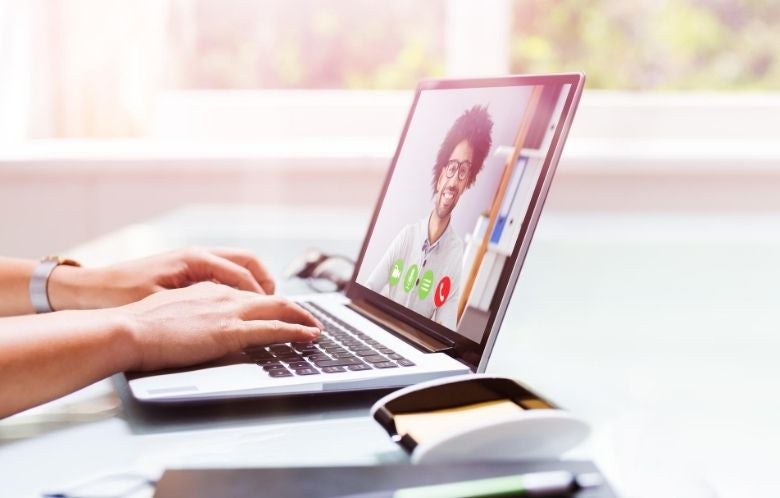I grew up in a small, rural community in Ohio. The highlight of my week was the arrival of the library bookmobile. I’d ride my bicycle a mile down the road to the neighboring dairy farm where the bookmobile would park and fill my basket with a week’s worth of books. It was my lifeline to the outside world.
I bet you have a similar story about your experience with the library. Maybe your school librarian ignited your curiosity, or you received help with homework at your local public library. You know that libraries are important. You know libraries change lives. You know libraries do more than circulate books. And you probably believe your community members understand the essential nature of your service.
They do not.
Libraries are (almost) everywhere, but not everyone has a library card. And even though there are plenty of people who would call themselves fans of your library, cardholders don’t necessarily understand the breadth and depth of your services. They don’t realize how vital and necessary your library is to your community. They have not considered what would happen if your library didn’t offer free online career classes or homework help or early literacy programs.
Libraries do a great job of promoting their collection and events. But if libraries are to survive and thrive, we must do a better job of advocating for ourselves and securing funding. We must stop being humble. We must talk more about the work we do in our libraries, as loudly as we can, to as many people as possible.
We’re not very good at marketing ourselves, to be honest. In 2018, OCLC released this report on the marketing approach of public libraries in the United States. At that time, 40 percent of libraries said they had a communications strategy, but only 17 percent said it was current. And 71 percent of libraries said they don’t have the necessary staff resources to market themselves. At the time, it was a missed opportunity. But now, when library buildings are closed or operating with reduced services, and when libraries face imminent budget cuts, it’s essential to advocate for your library.
LibraryAware is proud to sponsor the first-ever Library Advocacy and Funding Conference (LAFCON). You can attend more than 40 sessions about political action, organizing, philanthropy, and policy. A cool thing about this conference is that all presenters are from outside the world of libraries, so you’ll get a chance to hear from people you may not have heard from before. It’s a lineup of successful, experienced experts talking about what works in politics and fundraising. The conference is designed to be as accessible as possible to fit your training needs and busy schedule. And registration is open now. Plus, LAFCON attendees will be invited to a post-conference conversation to share key takeaways and talk about how you’ll be implementing what you learned.
And if you’re a LibraryAware customer, you don’t have to wait for the conference to start advocating for your library. We have templates for e-blasts, rack cards, flyers, and infographics so you can get to work advocating for your library right now. Just go to the LibraryAware homepage and type advocacy into the search bar.
Angela Hursh is Senior Engagement Consultant for NoveList. She is currently reading Dear Edward by Ann Napolitano and listening to Hollow Kingdom by Kira Jane Buxton.
